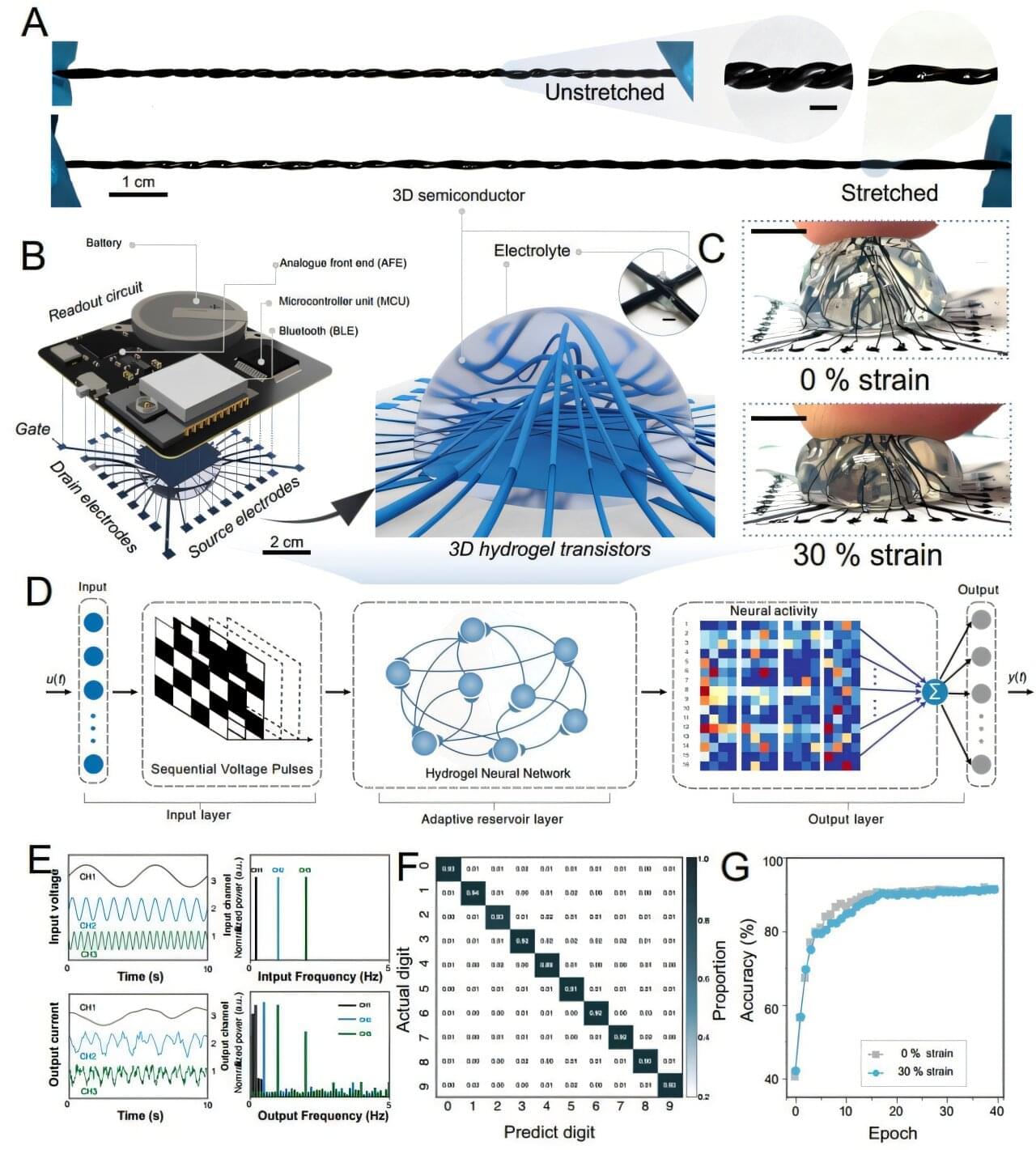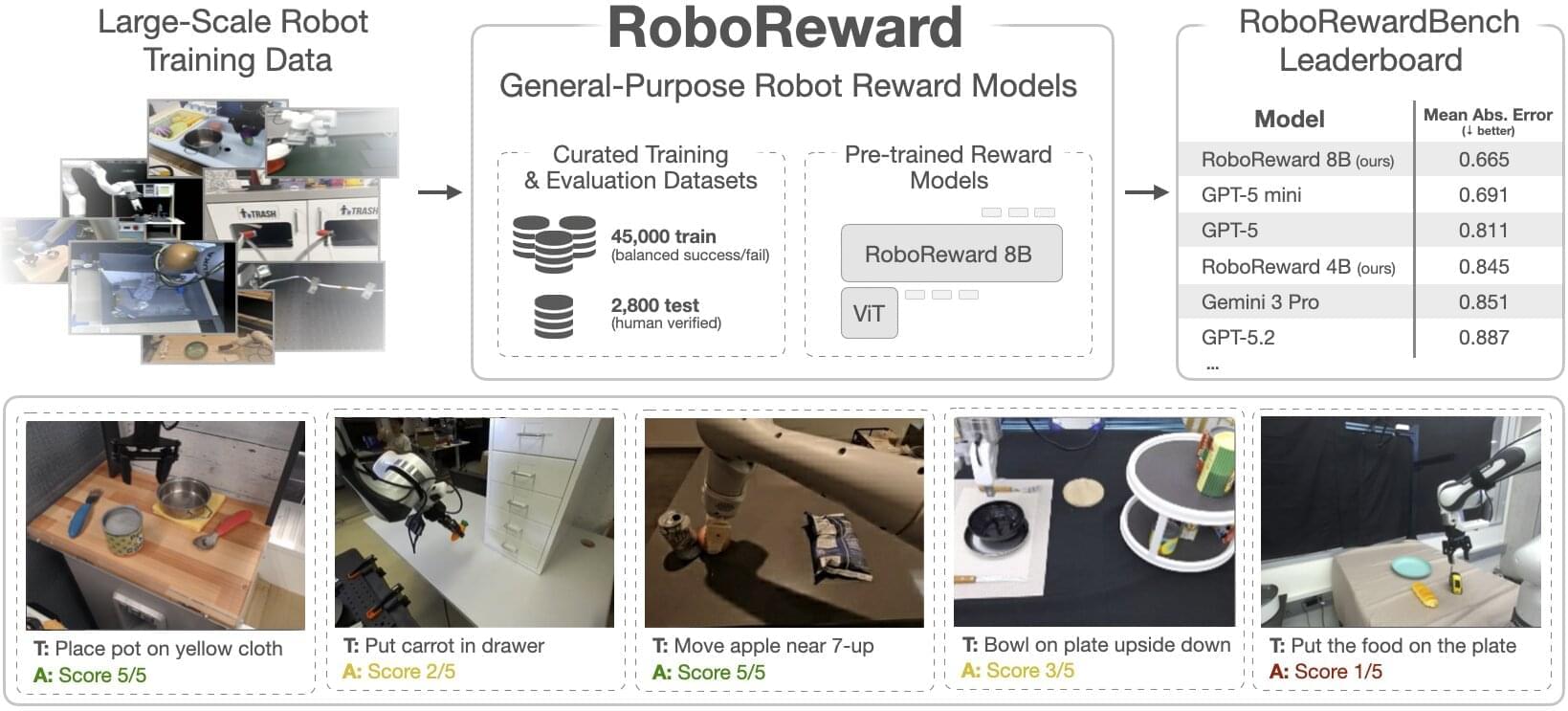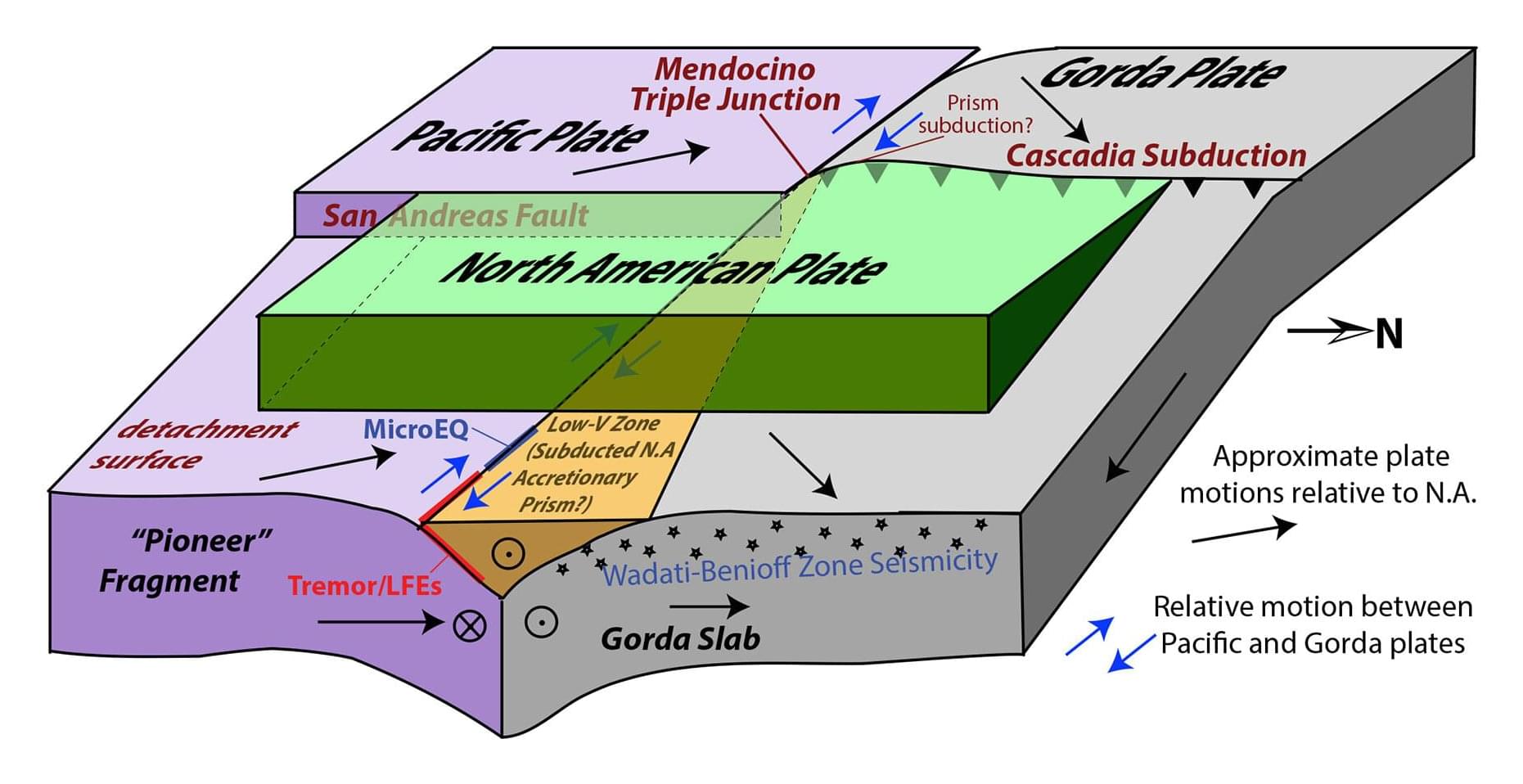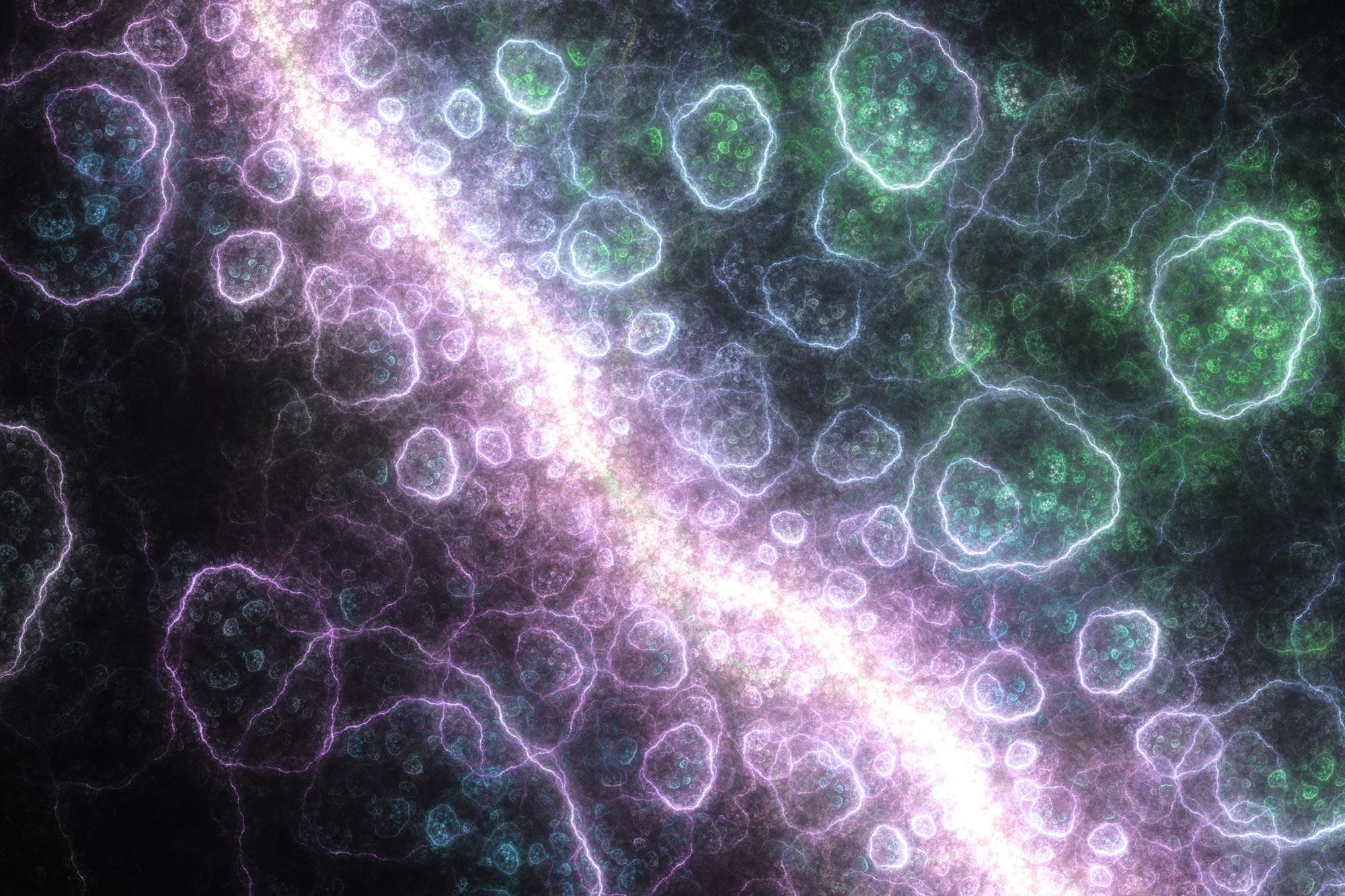New research from the WISE group (Wearable, Intelligent, Soft Electronics) at The University of Hong Kong (HKU-WISE) has addressed a long-standing bioelectronic challenge: the development of soft, 3D transistors.
This work introduces a new approach to semiconductor device design with transformative potential for bioelectronics. It is published in Science.
Led by Professor Shiming Zhang from the Department of Electrical and Electronic Engineering, Faculty of Engineering, the research team included senior researchers who joined HKU-WISE from the University of Cambridge and the University of Chicago, together with HKU Ph.D. students and undergraduate participants—an international, inclusive, and dynamic research community.









